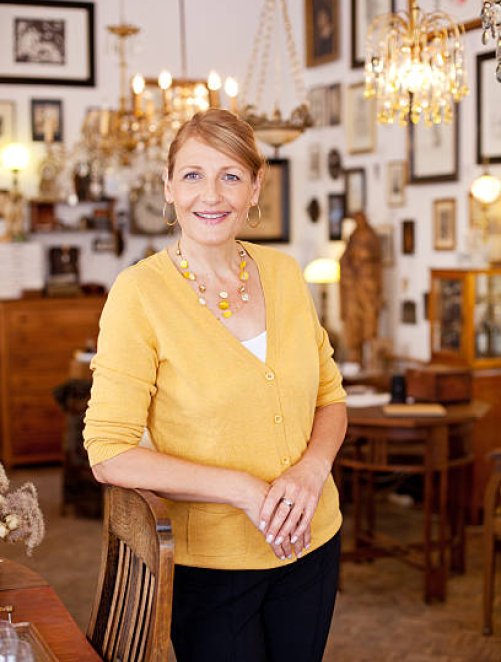






Circa Chair
I purchased this chair in Tennessee 50 years ago from an antique flea market. It is supposed to be completely hand made. I was told probably 1600 to 1700 or earlier. It has no screws only hand, only hand forged nails. It has been re- varnished several times and newer upholstery. The cushion was initially horse hair I think. It is still very stable.
Normal chair size
Flea Market
Yes


Hi Clarence,
Thank you for contacting Mearto with your appraisal inquiry.
The Curule chair is one of the most recognizable pieces of furniture inspired from the ancient Roman world, The term “curule” comes from the Latin sella curulis, meaning “chair of the curule magistrate.” It was not an ordinary seat: it was a symbol of political authority and high office in Rome. The form - an X-shaped folding stool, without a back that was sometimes made of bone (ivory) or metal but most usually made of wood (sometimes gilded), with straps or cushions for seating comfort - that was practical (portable, foldable) but also symbolic of readiness for command.
This stool was popular in the 16th and 17th Centuries but this is not that old. From your photos, this looks like it's early 20th Century, or possibly as late as the late 19th Century and likely made when the Classical aesthetic was enjoying a revival (this happened in both the late 19th and early 20th Centuries).
While these chairs are handsome, they are not enjoying a particularly robust market at the moment and most chairs, comparable in age , condition and design, sell at auction for less than $400.
Based on the photos and information provided, and subject to examination, this is:
An antique Classical or Renaissance revival style ebonized curule armchair
unattributed maker, American or European, late 19th or early 20th century
The ebonized (black-painted) turned frame with white chenille back panel and upholstered seat, rounded frame supporting arms joined by turned double-stretchers, over an inverted U base joined by turned stretchers. Presumably unsigned.
(DIMENSIONS)
CONDITION: This appears to be in good condition; ebonized surface probably not original.
PROVENANCE: Acquired at an antiques flea market in TN in the 1970s
$ 200-400*
*represents a fair-market value for auction purposes; retail or asking price may vary.
Please let us know if you have additional items to appraise, or questions/concerns, and thank you again for using Mearto.
~ Delia









